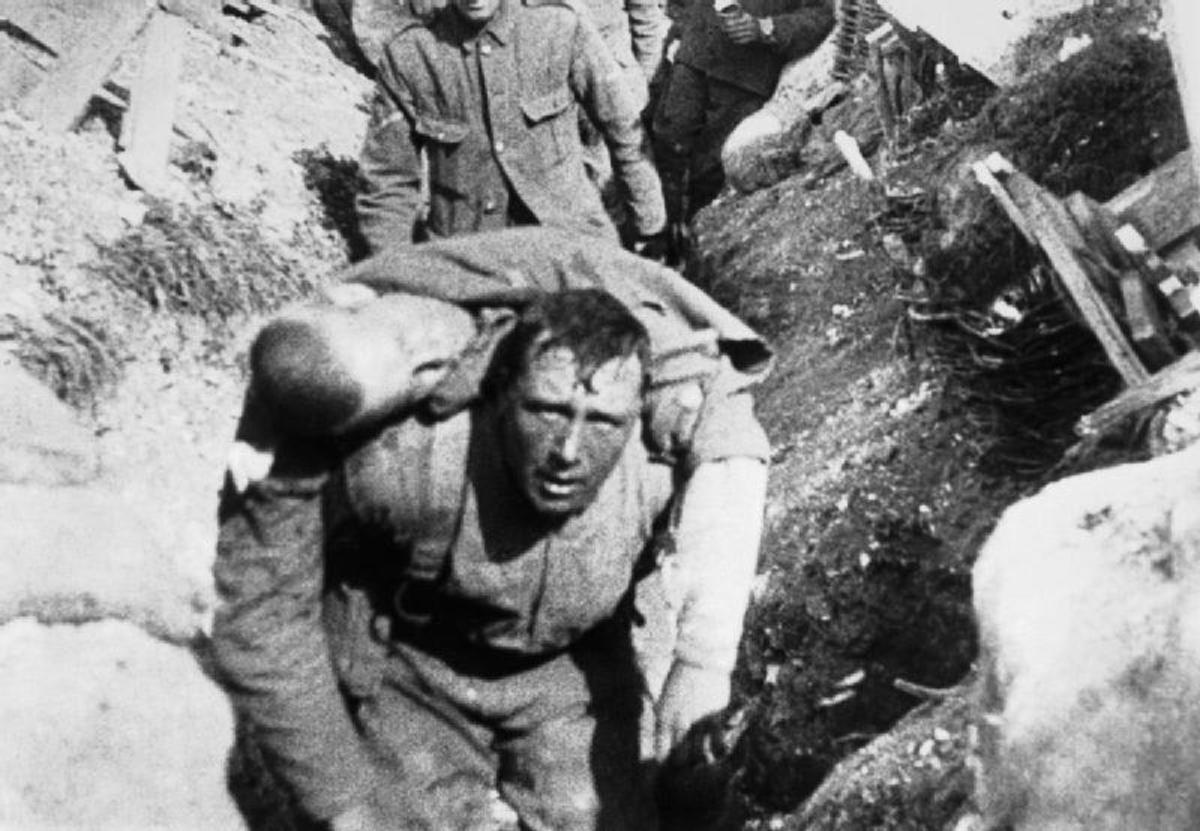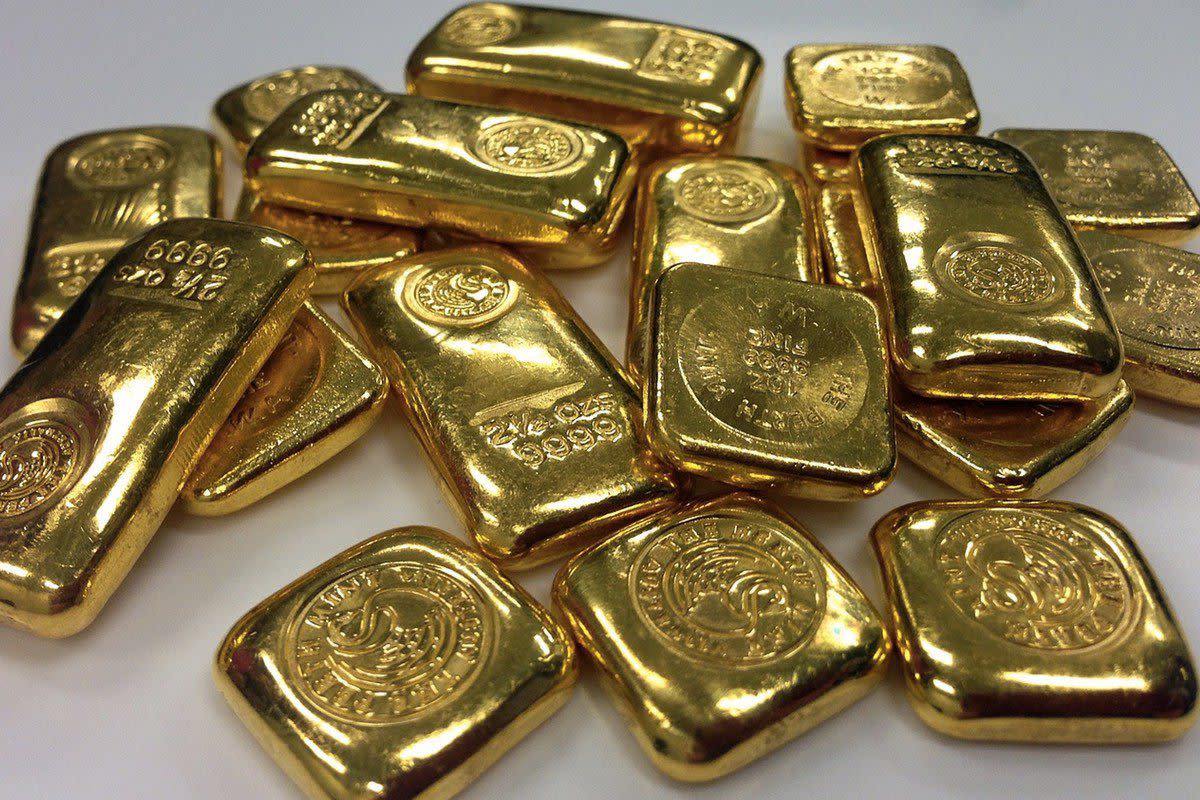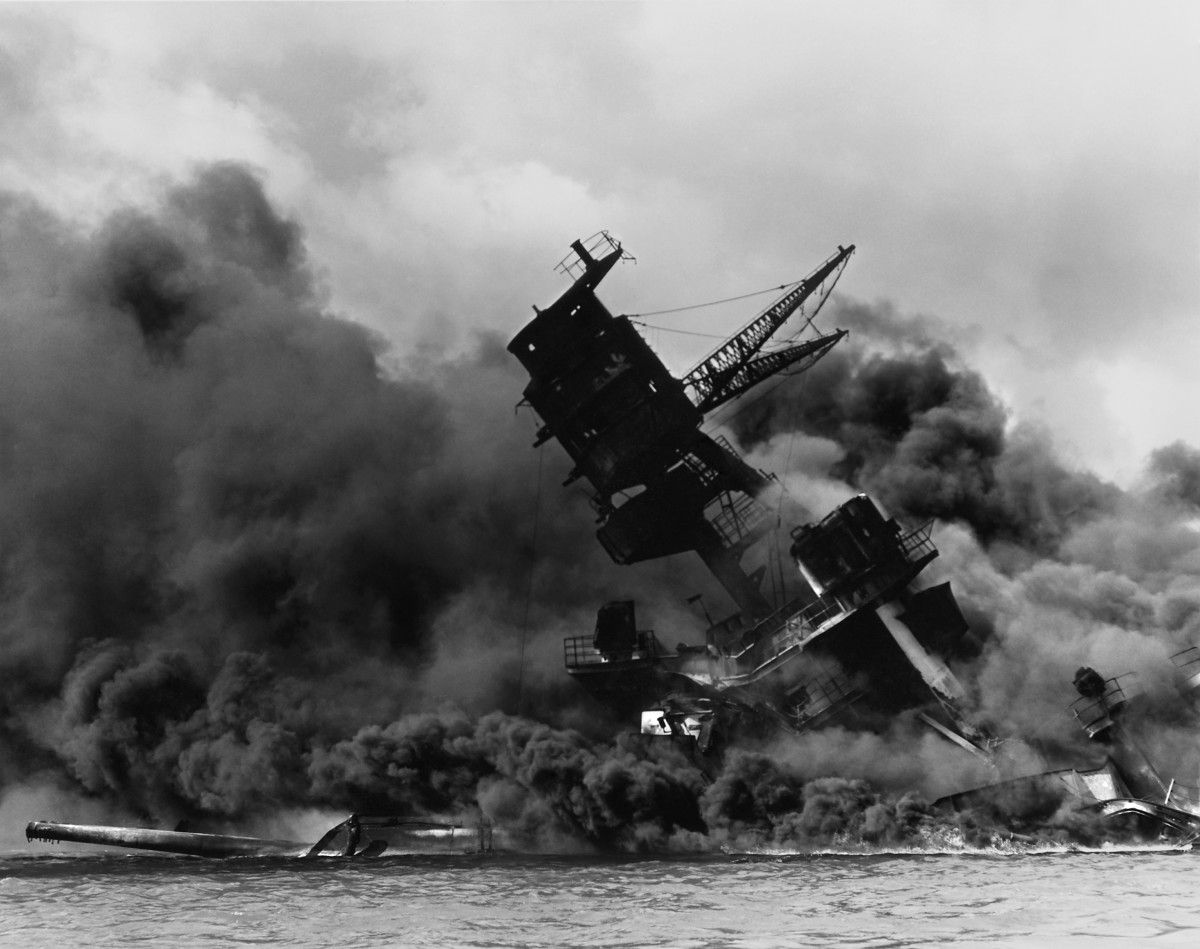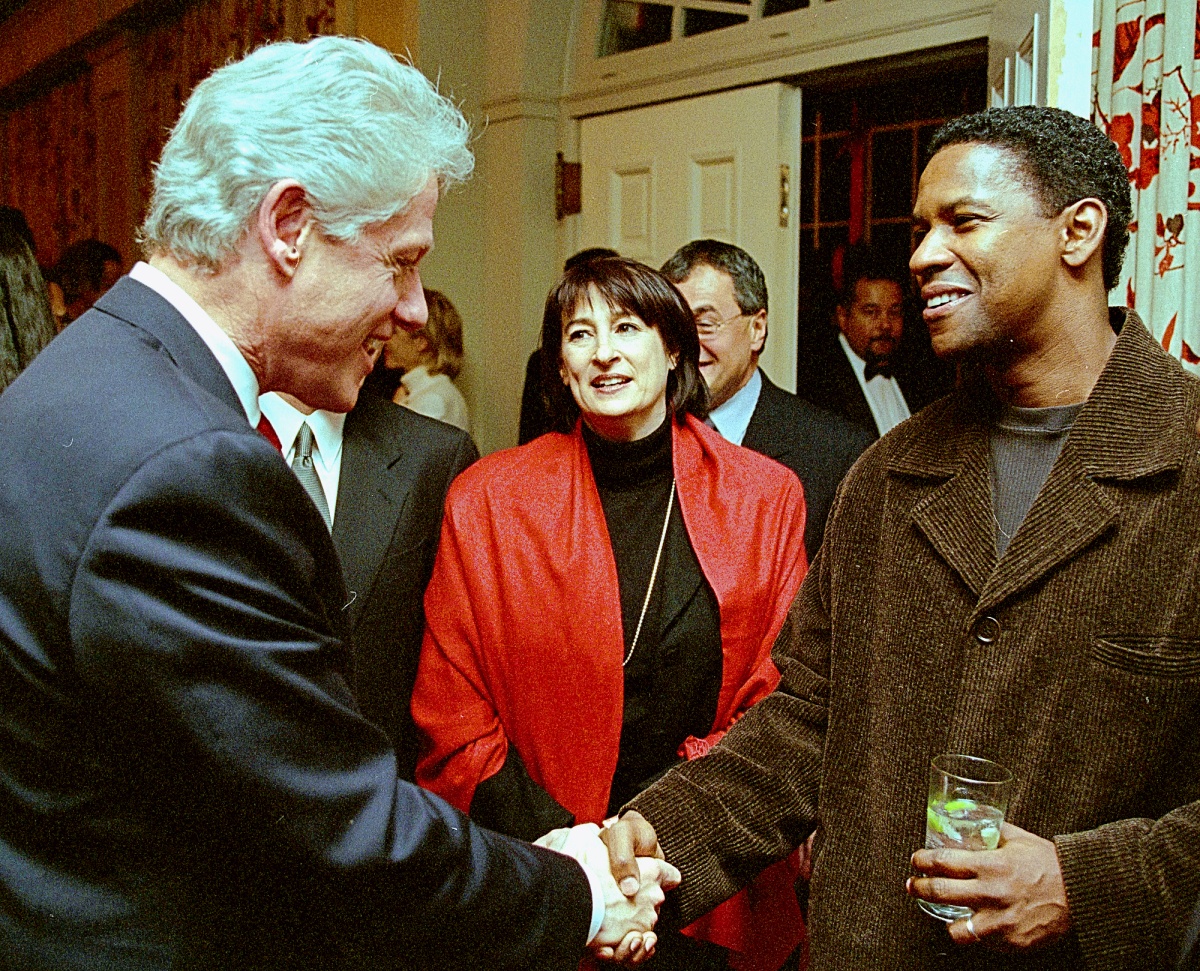The World At War: The Best World War II Documentary Ever Made
If you love war documentaries films, you might have definitely watched The War of The World. This war documentary film is one of the most respected and highly rated documentaries film ever made for the UK Television.This film which has 26 episodes originally ran from October 1073 to May 1974, covering almost every aspect of the World War II.
Since then, this series has been aired all over the world and has been repeated countless of time. The production values of this film were high and it took more than four years to complete. Riding on the success of this film, a book by the same name was published to compliment it.
Until now, the production is still considered to be the best of its kinds. No other production works that could directly compete with it. The mix of the rare and color footage, together with interviews of key figures and the people that involved in the war has successfully brought the conflict into vivid life.
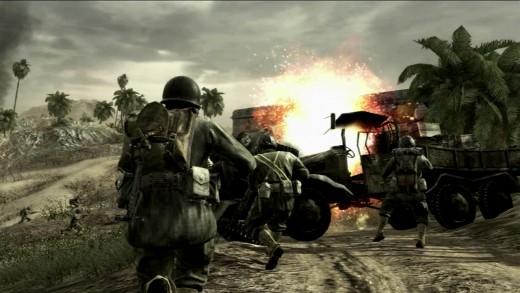
The story was narrated in deep detail from both the Allied and Axis perspectives. Eyewitness accounts were introduced into the film so that the real war situation could be told as precisely as possible. Interviews with enlisted men, officers and politicians had successfully build up a clear picture of the cause of the war, its events and subsequent consequences.
People that interviewed in the production include Nazi official Albert Speer and British admiral, Lord Mountbatten. Others people that were interviewed included the author, Lawrence Durrell, actor and Brigadier, General Jimmy Stewart, pilot of the Enola Gay, Paul Tibbets, and historian and author of Band of Brothers, Stephen Ambrose. These interviews had even enhanced the production of this film.
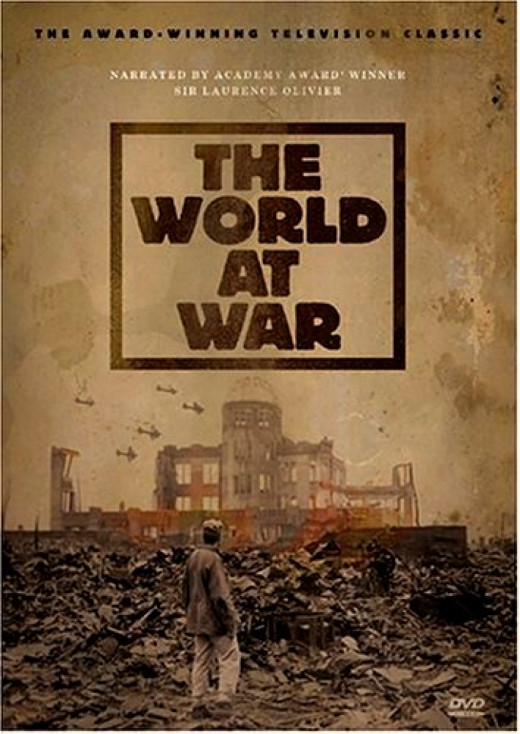
Other person that involved in the production included Noble Frankland. He was the director of London's Imperial War Museum of that time and he was sought to help on how the episodes should be divided.
One of the Britain's most admired actor, Lawrence Olivier was chosen to narrate for the series while Carl Davis was hired to compose the music. The production team had actually had a difficult task because they need to present those six years of conflict in a cohesive way and they did it admirably.
The film started with the first episode that highlighted the rise of the Nazi Party from 1933. All landmark events and important battles were shown and explained throughout the series. This included the invasions of Poland and Norway, the Fall of France and the Battle of Britain (the battle in the skies over Britain between the Royal Air Force and the Luftwaffe).
Besides, it also showed crucial events such as the Dunkirk evacuation, the deadly bombing of Pearl Harbor, the North African desert campaign, and the Battle of Stalingrad.
On the last few episodes, this series covered the jungle war against the Japanese soldiers in Burma, the D-Day Normandy invasion, the Battle of the Bulge, the Final Solution and genocide - the dropping of the atomic bomb on Nagasaki and Hiroshima.
The post-war conditions of Europe and the Allied occupation of Germany were also highlighted. This series was not all about wars and battles, it also looked into the daily home life in Britain and Germany.
Finally, 'The World at War' explored how the war has changed and shaped Europe throughout the rest of the century. The series is now available as a DVD box set with extra footage and interviews that were no shown in the original broadcast.


